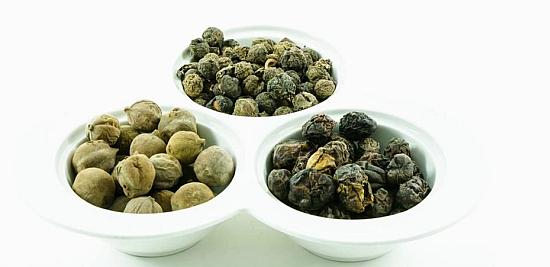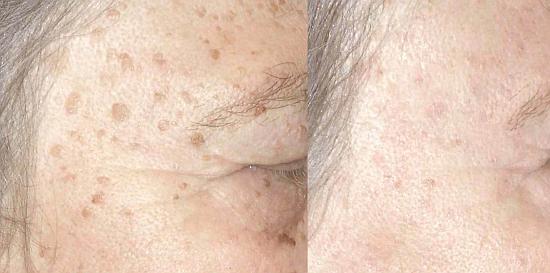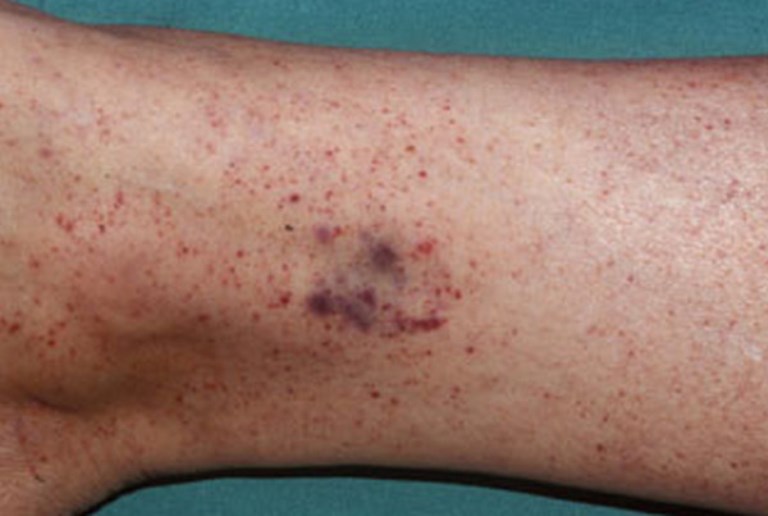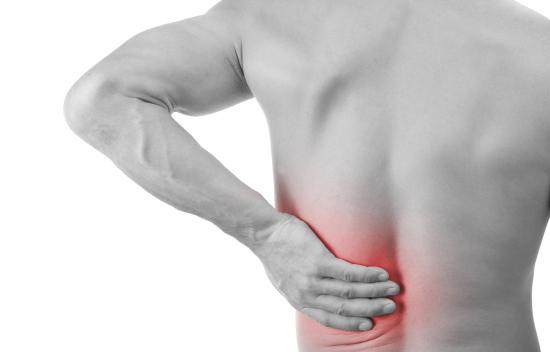Ever imagined if it is possible to treat your body ailment with aid of natural source!
What would you prefer? Treating illness with high dose chemical medicines which might have side effects OR care for your body and treat it by Ayurveda?
Ayurveda is nothing but natural elements found in nature put in a form more easily consumable by us. Many people have found Ayurvedic treatments more beneficial than others.
Ayurveda has given this world so many effectual medicines with no side effects and successful healing benefits. One of its innovative discovery is Triphala which is Ayurvedic herbal rasayana in either powder or tablet form.
As the name suggests Triphala contains three fruits in equal proportion. The fruits are Amla, Myrobalan and Belleric Myrobalan. These three fruits have their own medicinal properties and when combined together becomes an excellent medicine with wide range of healing properties. 
A very common problem these days with many individuals is constipation and irregular bowel movements. Triphala is the most effective herbal medicine for such problems.
Triphala is an effective laxative which also supports body strength. It has high nutritional value due to which it uniquely cleanses and detoxifies without diminishing our body reserves.
The other benefits of Triphala are:
- Perk up digestion
- Evident dip in serum cholesterol
- Get rid of excess fat from body
- Will assist in reducing high blood pressure
- Helps to maintain good reproductive wellbeing in both genders
- Noticeable improvement of liver functions
- Verified anti-inflammatory and anti-viral properties
- Useful for treatment of eye diseases
- Helpful in the treatment of diabetes
- Builds immune system stimulation as it has high content of Vitamin C
- Supports in proper functioning of digestive system
- It helps in improving the functions of lungs, urinary tract and the muscles
Triphala is recommended for regular intake to enjoy its maximum benefits. If taken regularly it helps lungs and reduces the intensity of asthmatic attack. Triphala has antioxidants which help in fighting cancers and signs of aging.
It protects you against infectious diseases and helps in healing chronic ulcers and arthritis. The detoxifying ability with Triphala helps you in having a healthy body and good hair growth.
Triphala is supposed to be taken few hours before bed time. You can take as many as three doses per day.
Simple steps to help you enjoy the benefits of Triphala;
- Triphala powder can be taken with water or honey as per your taste.
- Mix 1 tablespoon of Triphala powder in water and take it before bed. This helps you with constipation problems.
- Take Triphala with honey for cleansing and other health benefits.
- If you don’t like the taste Triphala powder, you can consume Triphala in capsule form.
- You can also try having Triphala tea to hide the taste of powder. Boil 1 glass of water and 1 tsp of Triphala powder. Allow to cool and have it by adding some honey for taste.
- Put Triphala powder soaked in water overnight. Splash this water on eyes for healing redness of eyes.
Excessive use of Triphala can cause diarrhea and dehydration. Pregnant woman should not take Triphala as it has the tendency to lead to miscarriage. Triphala has to be taken for five to ninety days. The longer you take the more benefits you fetch. However, if you are planning to take it for a longer period, it is advised to decrease the dosage after certain period of time.
Always remember that per day you don’t exceed Triphala intake more than 3-5 grams. If it’s a capsule do not take more than 5-6 capsules per day.
Triphala can be taken daily; it maintains the balance in many conditions. You can use it to detox your liver or as blood purifier or as colon cleanser. Try taking Triphala before sleeping in the night to facilitate natural body detox and once in morning to act as a strengthening tonic!







